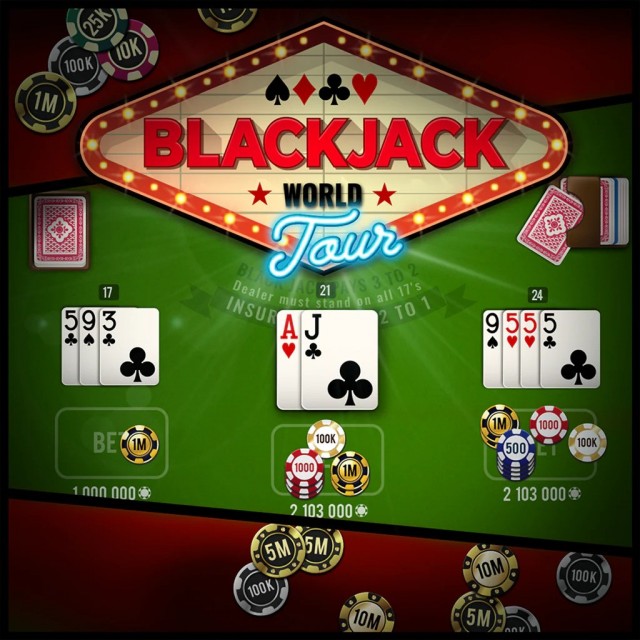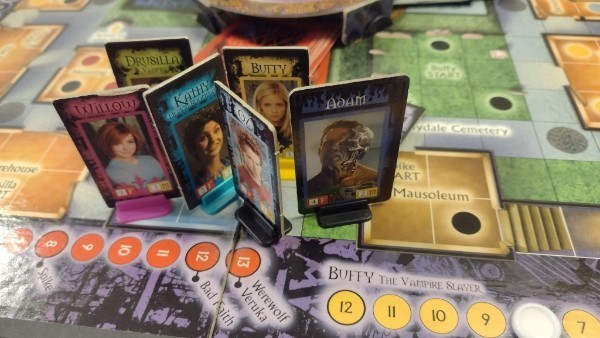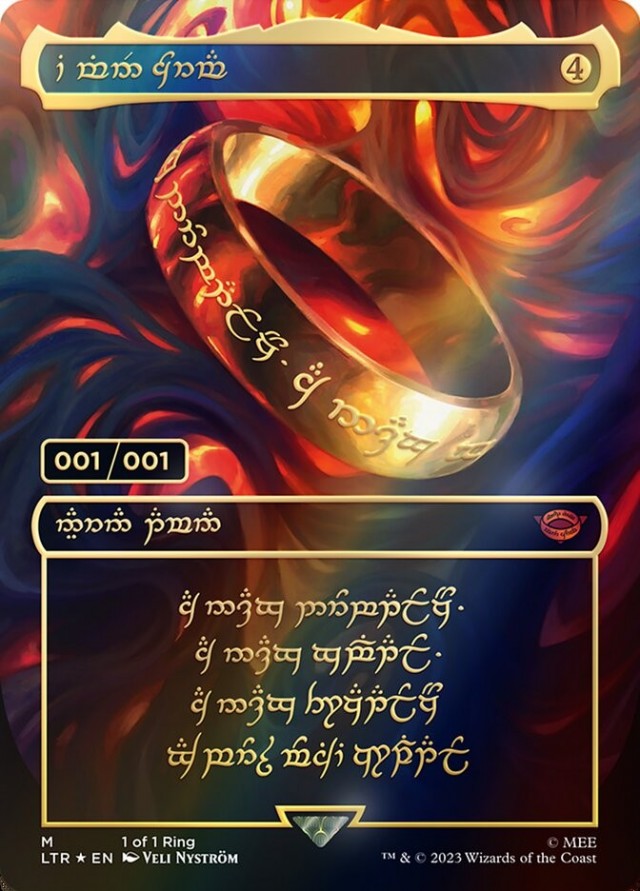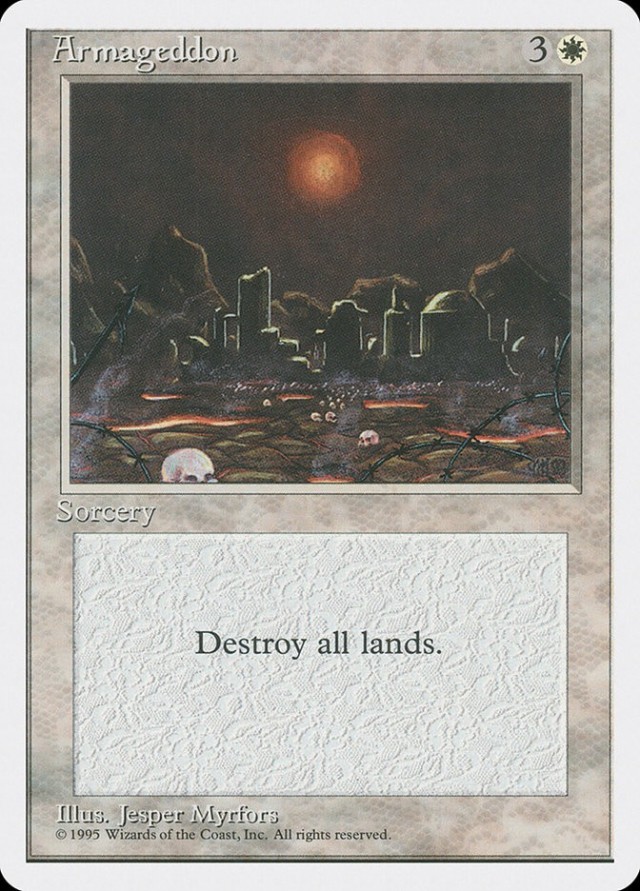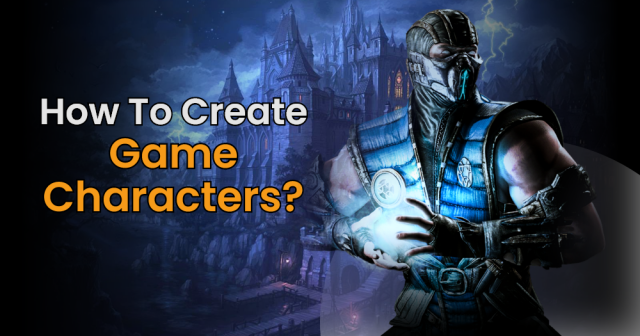Race for the Galaxy and I have a strange history. It came out just as I was about a year into the hobby, to rave reviews of course. I got caught up in the reverie and bought myself a copy in anticipation of the first expansion. My first item of business was to try it with my wife, as I commonly did with games at the time. And she hated it. Hated hated hated hated hated it. No problem, I thought. I’ll just play it with other people. Well I tried to teach it to them too. And that didn’t take too well either. Oh, other people played it. But no one wanted to get around to teaching it to the inevitable new player who would wander to the table every time. I only ever found one regular opponent, and that put it squarely in the category of two-player games that I don’t play as often as I’d like to. I thought the expansion might inspire me to play more, but it just made the game less accessible. So Race for the Galaxy eventually found itself in the trade pile. A couple of years passed, but I always kind of regretted getting rid of the ol’ girl. Despite the difficulties I had getting it played, I genuinely enjoyed it. Trading it was a purely pragmatic move. It was then that a friend generously donated his unplayed copy to my collection, knowing my regret and enjoyment of the game. Since having it back…I still don’t play it very much.
My experience with Race for the Galaxy begs the question: is a game that is this difficult to get played worth owning? Because despite what other people will tell you, Race for the Galaxy is VERY difficult to teach and learn. It’s the sort of game where you need to play it once, then immediately play again to retain any of what you just did. You’ll spend several games getting drubbed by some mentat who has calculated all of the odds and every possible strategy. Eventually you’ll break through and maybe have a great time. But it takes a while, and I wonder if it’s too steep a learning curve.
Race borrows liberally from San Juan. In fact, designer Tom Lehmann worked for a while on his own Puerto Rico card game. The pay-cards-to-build-stuff mechanic used in both games apparently was the product of his development. The key difference here is that the role selection is no longer exclusive. In other words, both people can select the same role, and both people can get the bonus. It allows for a little more planning in the game, but it makes the game much more difficult to explain. Think of it as a series of turns, where each role happens in a specific phase in the turns. If you selected said role, it will occur, but if no one picked the role the phase is skipped. So one turn may have exploration, settlement, and production. The next turn may have development, settlement, and consumption. To really grasp it, you need to understand it in the abstract before you can actually play it. The individual roles are pretty close to San Juan, although the game’s complexity is ratcheted up considerably. This is because most cards are unique, so you’ll spend a lot of time learning the situational strategies of different cards. To add one more level of obfuscation, the cards actions are expressed in a series of icons so arcane that they require a Rosetta stone to decipher (the game helpfully supplies four of these artifacts for the players).
Right now there are 50 readers who are rolling their eyes at my explanation and yelling at the screen that I explained it like an idiot. Well, I’m no slouch at explaining games. I’ve had a lot of experience. And Race for the Galaxy is one of the most challenging ones I’ve had to tackle. Is there a better way that I could have explained how this thing works? Perhaps, but not without referring to countless other mechanics from other games. Or I could just explain it the way it was explained to me
“Have you ever played San Juan?”
“Umm…no.”
“Okay, it’s kind of like that.”
And that’s where I have the most trouble with this game. It can only exist in the context of other games, because it relies on “gamer” language and knowledge to a staggering extent. It’s simpler to explain it in the context of “role selection” or “like San Juan” but that instantly seals off many players, particularly people who won’t be familiar with gamer-ese. The icons are a big roadblock too. They do a great job of instantly telling you what a card does, but only after you’ve internalized everything. Until then you just have to stagger along, losing game after game. The turn structure, icons, and variety would each be tolerable on their own, but together they are a perfect storm of learning curve.
It’s too bad too, because the game isn’t even that complex. In fact, in spite of what you may think from all of my moaning I really enjoy Race for the Galaxy. I complain a lot about how difficult the game is to teach and learn, but I don’t precisely know what I would do to simplify it. And when I’m playing with other experienced players there’s no problem at all. There’s a lot of really juicy decisions here. If it cribs from San Juan, it also improves on it. My favorite thing is how you can find the little corners of the game and dwell there. It’s often viable to find a certain type of good and just make that your thing. The game is at it’s best when each player is doing something totally different, and everyone is in it right up until the end. The expansions increase the ability to specialize, since they add lots of cards. Of course the trade-off is even more learning curve, but that shouldn’t surprise anyone.
It’s strange that I would enjoy the game so much, because there are a lot of things that I should hate. It’s a race in the truest sense of the word. You can do very little against a player who’s winning besides winning faster. That means that you’ll occasionally get a game where one guy steamrolls everyone else. But it’s a short game, so I can overlook that. There’s also the issue of the setting, which isn’t precisely integral to the game. This could be a game about a lot of different things. But they chose a space setting, and I actually think it works well. There’s a sense that this is not just a big ol’ galaxy, but one with its own culture and history. There are references to things like an Imperium and the Genetic Uplift race. There’s even a Rebellion against the Imperium. The setting is also given a big boost by the illustrations, which I love. They give a great sense of place and even the different cultures in the game.
But the nicest thing I can say about Race for the Galaxy is that even after 50-odd games (ballpark figure, that) the game is still challenging. I don’t mean that in a frustrating way, but more in the way that nothing becomes automatic. Early on you just struggle to find your legs, but once you get there you discover some basic strategic moves that allow you to maybe win now and then. But then your friends start getting better and you start having to pay attention to what they are doing and respond in kind. It’s the sort of game where there is a lot of room to improve, even when you are experienced. The game plays in about 30 minutes too, so it’s not hard to hammer our a few games at a time. And that playtime feels just about appropriate. It’s satisfying and provides for just a little bit of arc.
Many people won’t make it that far, and I can’t blame them. The barrier to entry is way higher than it needs to be, and the people who make it past that point might just find that they hate the lack of interaction and the emphasis on efficiency. I myself am frustrated with how “gamer-y” the game is. It’s a little like it was conceived of as some kind of design ideal, not meant to be enjoyed by the unwashed masses. At least part of that is channeled frustration over my inability to get the game to the table, but I actually think that’s a perfectly valid complaint. If a game is this tough to teach, and if that difficulty keeps the game from getting significant play, it’s no good to anyone. Games aren’t meant to be museum pieces, and if you can’t commit the time and energy to actually get good at Race for the Galaxy you might as well go home right now. And what of those who spend the 15 games it’ll take to adjust and then discover that they hate the game in the first place?
But my complaints are sort of meaningless when the game has already become this successful. It’s already burned through one series of expansions and it’s about to start on another. So clearly there are enough people who like this one (myself included) to prove my gripes wrong. Even though it’s a game that might as well be surrounded with barbed wire to keep out the casuals, the crazies love it. There’s value there, and I know that I am unlikely to turn down a game.
 Games
Games How to resolve AdBlock issue?
How to resolve AdBlock issue? 
